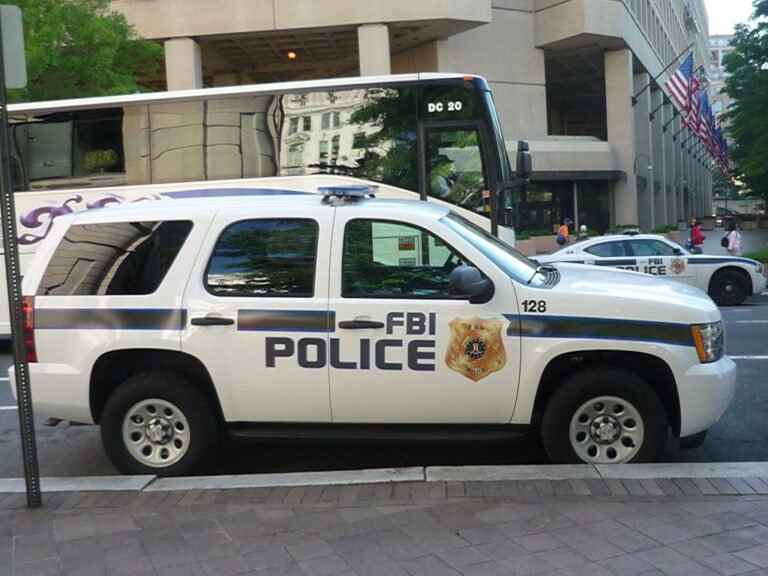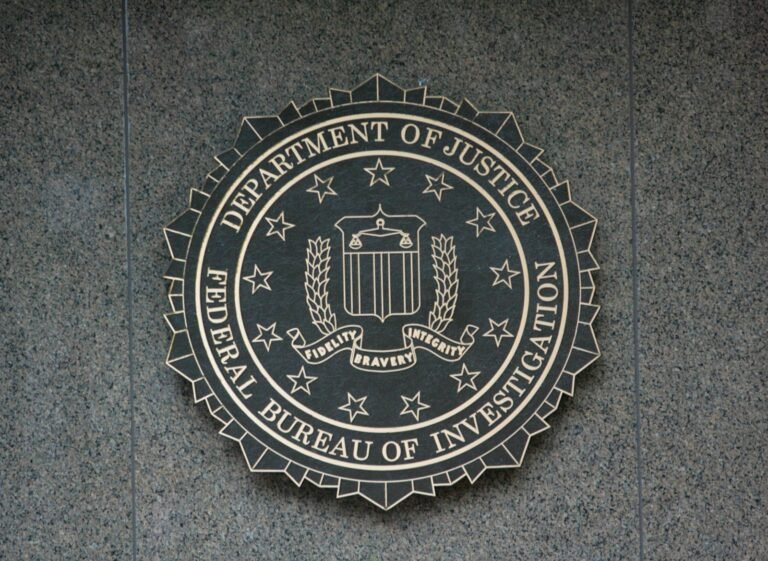
Washington, D.C. — Chemonics International Inc., a Washington, D.C.-based private international development firm, has agreed to pay $3,119,582 to settle allegations that it violated the False Claims Act by submitting fraudulent claims for payment to the U.S. Agency for International Development (USAID). The settlement resolves accusations that Chemonics failed to detect and stop fraudulent billing practices by its subcontractor, Zenith Carex, in Nigeria.
Zenith Carex International is a logistics and clearing firm with extensive expertise in freight forwarding, customs clearance, haulage, and various logistics services for both sea and air transport across all Nigerian seaports and airports. They promote their services as top-notch customs clearance solutions that minimize cycle times, enhance shipment visibility, and reduce costs. Their approach is to function as a seamless extension for businesses, ensuring that clearance is handled consistently, promptly, and affordably.
The alleged fraudulent activities took place between June 2017 and March 2020 and involved overbilling by Zenith, which was responsible for last-mile and long-haul delivery services of cold-chain commodities under Chemonics’ Global Health Supply Chain-Procurement and Supply Chain Management contract. Chemonics, which provided healthcare supply chain management services in Nigeria and other countries, subcontracted Zenith for the transportation of essential health commodities.
According to the U.S. Department of Justice, Zenith charged Chemonics based on incorrect billing methods. For long-haul delivery services, Zenith billed Chemonics according to truck tonnage rather than the weight per kilogram of the transported goods, as outlined in the subcontract. Similarly, for last-mile delivery services, Zenith overcharged Chemonics beyond the amounts agreed upon in the contract. Chemonics, despite its responsibility to monitor subcontractor activity, failed to detect these discrepancies for more than two years, resulting in false claims being submitted to USAID.
Failure in Oversight and Controls
The government’s investigation found that Chemonics’ failure to detect these fraudulent charges was due to inadequate internal controls, oversight, and employee training. The company did not have the proper financial monitoring or management systems in place to detect the overcharging, leading to the submission of inflated claims to the U.S. government.
“Government contractors must exercise responsible oversight and management of their subcontractors to ensure contract compliance and appropriate billing,” said Principal Deputy Assistant Attorney General Brian M. Boynton, head of the Justice Department’s Civil Division. “Today’s settlement demonstrates the department’s commitment to hold accountable those who knowingly or recklessly submit false claims for payment to the United States no matter where in the world the underlying conduct occurs.”
While acknowledging its failure, Chemonics cooperated fully with the government’s investigation. The company voluntarily disclosed the fraudulent billing in 2020, which was part of a broader investigation into its services provided in Nigeria. As part of the settlement, Chemonics took corrective actions, including terminating an employee involved in the fraudulent invoicing, conducting a thorough review of subcontractor billing practices, and enhancing its internal oversight processes in Nigeria.
In recognition of its cooperation, Chemonics was credited for its remedial measures, which helped resolve the case.
USAID’s Global Health Program Under Scrutiny
The case highlights the importance of ensuring that U.S. taxpayer money, allocated for critical global health programs, is used properly. USAID’s Global Health Supply Chain program plays a crucial role in delivering health products to vulnerable populations worldwide. Any fraudulent activity that undermines these efforts can have serious consequences, not just for the U.S. government, but for the populations that rely on these supplies.
“USAID’s Global Health Supply Chain program is designed to provide uninterrupted supplies of health products and services to vulnerable populations worldwide,” said Sean Bottary, Special Agent in Charge of the USAID Office of Inspector General (OIG). “This settlement underscores that justice has no borders, and that USAID’s contractors and grantees must have systems in place to detect and prevent false invoices submitted by subawardees. The USAID OIG will vigorously investigate those who seek to defraud U.S.-funded foreign assistance programs.”
The resolution of this matter was the result of a coordinated effort by the Justice Department’s Civil Division, the Commercial Litigation Branch, the Fraud Section, the U.S. Attorney’s Office for the Western District of Missouri, and the USAID OIG.
It is important to note that the claims resolved by this settlement are allegations only, and no determination of liability has been made.
What is next for the organization?
A lot has happening with the global giant from “Data Collection for Improved Early Warning of Acute Food Insecurity” to a possible lawsuit as a result of a data breach. The company confirmed a significant data breach that has compromised the personal information of approximately 263,136 individuals. The breach was discovered on December 15, 2023, following suspicious activity that first began on May 30, 2023, and continued until January 9, 2024. The company has since informed law enforcement authorities and engaged third-party experts to investigate the incident.
The breach exposed highly sensitive data, including names, addresses, Social Security numbers, driver’s license details, passport information, dates of birth, financial and health records, and biometric identifiers. Chemonics has already begun notifying the affected individuals and is working to mitigate the potential risks caused by the breach.
In the wake of the breach, attorneys with ClassAction.org are investigating the possibility of filing a class action lawsuit on behalf of those impacted. The firm is seeking individuals who received notifications about the breach to come forward and participate in the legal proceedings.


